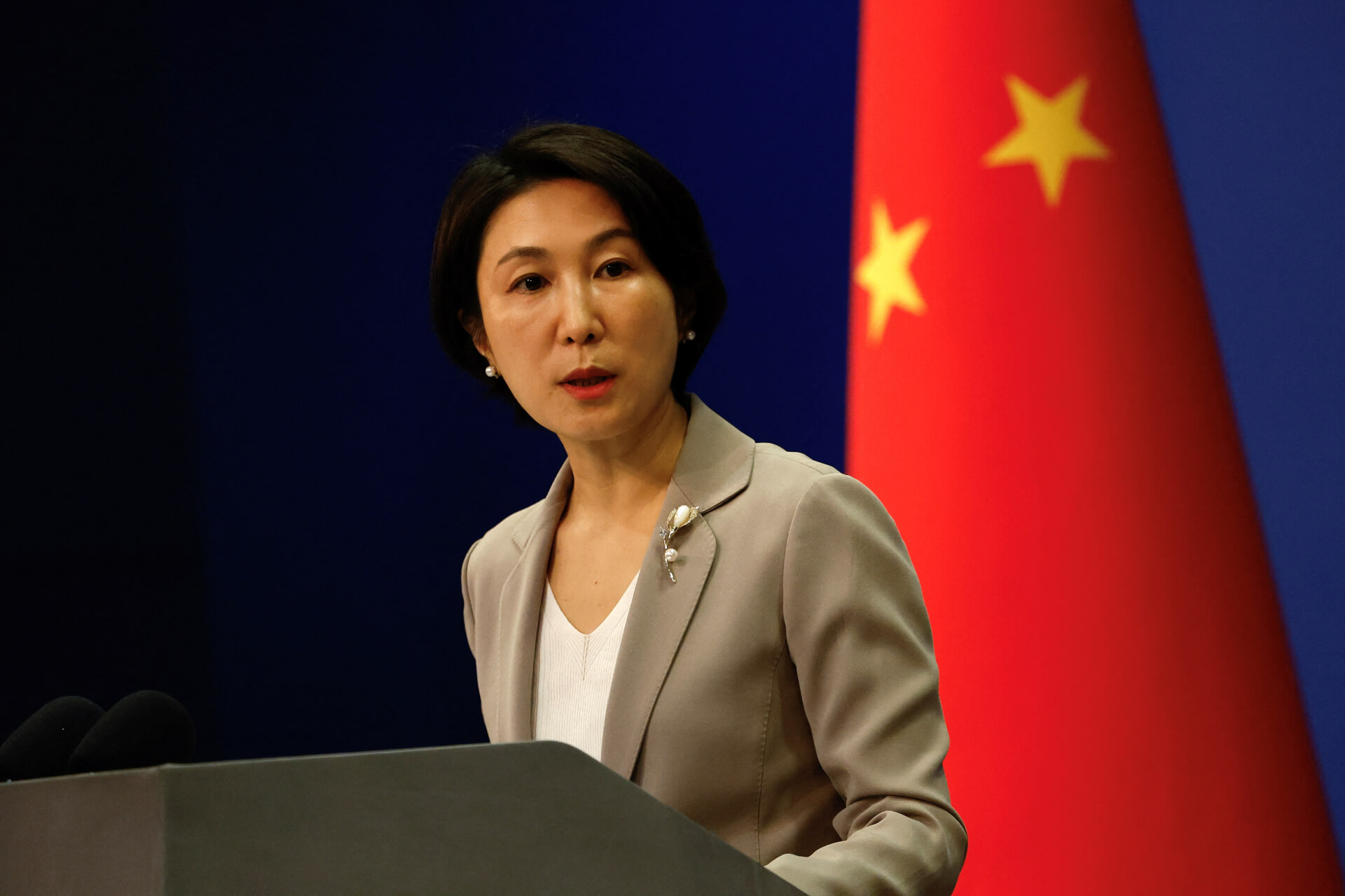China said that India’s Supreme Court verdict on Article 370 does not change the fact that “the western section of the China-India border has always belonged to China.”
On Monday, India’s highest court recently upheld the validity of the constitutional order abrogating Article 370, which granted special status to the erstwhile state of Jammu and Kashmir (J&K).
Settle Dispute Through Dialogue
Speaking at a regular press conference, Chinese Foreign Ministry Spokesperson Mao Ning said, “China has never recognised the so-called union territory of Ladakh set up unilaterally and illegally by India.”
China never recognized India’s unilaterally, illegally established “Ladakh Union Territory,” and India's domestic judicial deliberation cannot change the objective fact that the western section on China-India border belongs to China, Chinese Foreign Ministry spokesperson Mao Ning… pic.twitter.com/Z5gB4iH8Q0
— Global Times (@globaltimesnews) December 13, 2023
Mao said that the Chinese position on the Kashmir issue is “consistent and clear-cut.”
“The Kashmir issue, left from the past, needs to be resolved peacefully and appropriately in accordance with the UN Charter, Security Council resolutions and relevant bilateral agreement,” the spokesperson remarked.
Referring to Pakistan and India, China said that the parties concerned with the dispute need to settle it “through dialogue and consultation so as to maintain regional peace and stability.”
Reiteration of Position
When India announced the reorganisation of J&K in 2019, making Ladakh a separate Union Territory, China registered opposition and termed the decision “unacceptable.”
In the following year, the country held three closed meetings of the UNSC to discuss India’s unilateral decision.
In 2020, the two countries ended in a severe face-off in Ladakh in which 20 Indian soldiers and at least four Chinese troops lost their lives.
This brought the ties between the two nations to a historic low.
Since then, India and China have engaged in several rounds of boundary talks, with the latest 28th Border Affairs Talks held on 30 November.
Dispute over Aksai Chin
Among other boundary disputes between India and China along their 3,488 km long border, the territory of Aksai Chin in Ladakh is also a cause of contention between the two countries.
China rejects India's Ladakh verdict, reiterates consistent claim to the western China-Indian border
— Zhang Heqing (@zhang_heqing) December 13, 2023
The Paper: We noted that the Supreme Court of India, at the request of some in India, made a verdict, upholding the validity of the order abrogating Article 370 of Constitution,… pic.twitter.com/oGlGYGY6xh
Lying in the Western Sector, Aksai Chin is considered a part of Xinjiang’s Uighur Autonomous Region and Tibet Autonomous Region by China, while India considers it an extension of Ladakh.
The issue dates back to 1865 when the Johnson Line was proposed, showing the region as a part of India.
However, Chinese claims are based on the MacDonald line proposed in 1893, which placed the region under China’s control.
The opposition to the latest judgment lies in the aforementioned Chinese claims.

